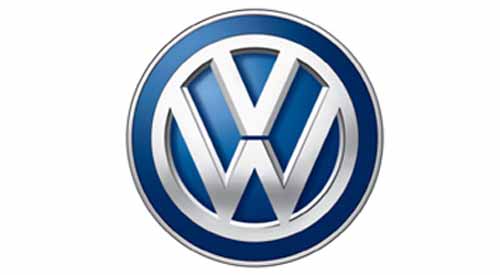Volkswagen to resume business after 1.5 years, effluent gas trouble again
Kim Yang Hyuk | mj@ | 2018-04-04 10:46:56

The Ministry of Environment surveyed 3000cc-class diesel passenger cars imported and sold by Audi Volkswagen Korea and Porsche Korea from August 2017 to March 2018, and 14 vehicles and 13,000 cars including the Audi A7 were reduced in nitrogen oxides (Software) that lowers the function of the device. The Audi Volkswagen car, which the Ministry of Environment announced in November 2015, is a 2000cc-class diesel passenger car with 15 vehicles, including the Volkswagen Tiguan, Audi A4 and Q3, and 125,000 vehicles.
The software caught in this investigation is related to two things: `dual gearbox control` and `degraded exhaust gas recirculation (EGR) function under actual operating conditions`. The dual transmission control software recognizes the actual operating conditions when the steering wheel rotation angle becomes large, and controls the operation rate of the transmission and exhaust gas recirculation device differently from the authentication test mode. For example, in an experiment in a laboratory, a test is carried out without operation of a steering wheel so that an exhaust gas recirculation device operates. However, in actual driving, a recirculation device does not operate when a steering wheel rotates. The amount of exhaust gas emitted from actual road driving was 11.7 times of the indoor certification standard (0.18 g / km). The target models are three models, Audi A7, A8 and A8, which were sold between August 2012 and June 2014, all of which have passed European Euro 5 environmental standards.
Exhaust gas recirculation system degradation software under actual operating conditions increases the utilization rate of the exhaust gas recirculation system under certified experimental conditions and then keeps the utilization rate constantly low. It only operates for about 1100 seconds according to indoor certification and stops. The actual driving of the roads exceeding the time indicated that they emit more emission gas than the certification standards. The target models are 11 models, including the Audi A6, A7, A8, Q5, SQ5, Volkswagen Touareg and Porsche Cayenne imported from June 2014 to February 2017. All of these cars have passed European Euro 6 environmental standards.
The vehicles that the Ministry of Environment has caught are the cars that had already ordered the sale and recall of the German government last year on charges of applying emission gas regulation software. The Ministry of Environment conducted its own investigation of the related models in accordance with the administrative orders of the German government and proved the same result this time.
Meanwhile, Audi and Volkswagen of Germany have been conducting their own investigations on all diesel cars since 2016. "We have notified the German Federal Motor Authority (KBA) and the Ministry of Environment of Korea, and the Ministry of Environment "We have already confirmed the announcement through our own inspection process." "We will faithfully fulfill the MOE recall order," he added. However, the company said that the Volkswagen Passat GT and the Audi A6, which have recently begun to sell, have been properly certified for emissions, so there is no problem with sales.
The Ministry of Environment will notify Audi Volkswagen Korea and Porsche Korea of the results of the investigation on April 4, and orders administrative disposition. All 14 models and 13,000 vehicles will be recalled. The Ministry of Environment will listen to the opinions of import sellers for 10 days, and pay penalties and cancel certification (suspension) during April. The fines are estimated at W14.1bn, and will be determined and assessed based on the review of submissions from import vendors and sales figures.
However, Audi Volkswagen Korea plans to discontinue sales of the vehicle model and not to cancel the certification for this vehicle model since it has returned all certificates to the National Institute of Environmental Research in January.
By Kim Yang Hyuk mj@
